To many travelers who have yet to explore this part of earth, Asia is like a whole new world of hot and spicy temptation. The strange smells, intriguing languages and exotic food all add to that culture-shock factor.
Despite the majestic temples, historical monuments and stunning scenery, most of your first trips to Asia would inevitably be dotted with bizarre encounters and shocking revelations of Asian habits. Some can be hard to swallow, while others are just pure weird.
Warning: this might cause some nausea or discomfort.
Japanese Noodle-Slurping

The nation known for their extreme courtesy and gentle mannerism has this one odd cultural habit that strangely contradicts the stereotypical view. For the Japanese, slurping hard on soba noodles is a must. You show your appreciation for the soba with the volume of your slurp – the louder you slurp, the better! ‘Ooishi neh!’ (Delicious!) Even the lovely Japanese girls donned in kimonos will be slurping their heads off.
“You show your appreciation for the soba with the volume of your slurp “
Don’t fret, join in the fun, and trust me slurping is not as easy as it sounds, but it’s definitely an experience worth trying! Be it cold soba noodles, or steamy hot ramen, slurp it as loud as you can. Go to any ramen restaurant with some local friends, and be sure to get entertained.
Squatting Toilets
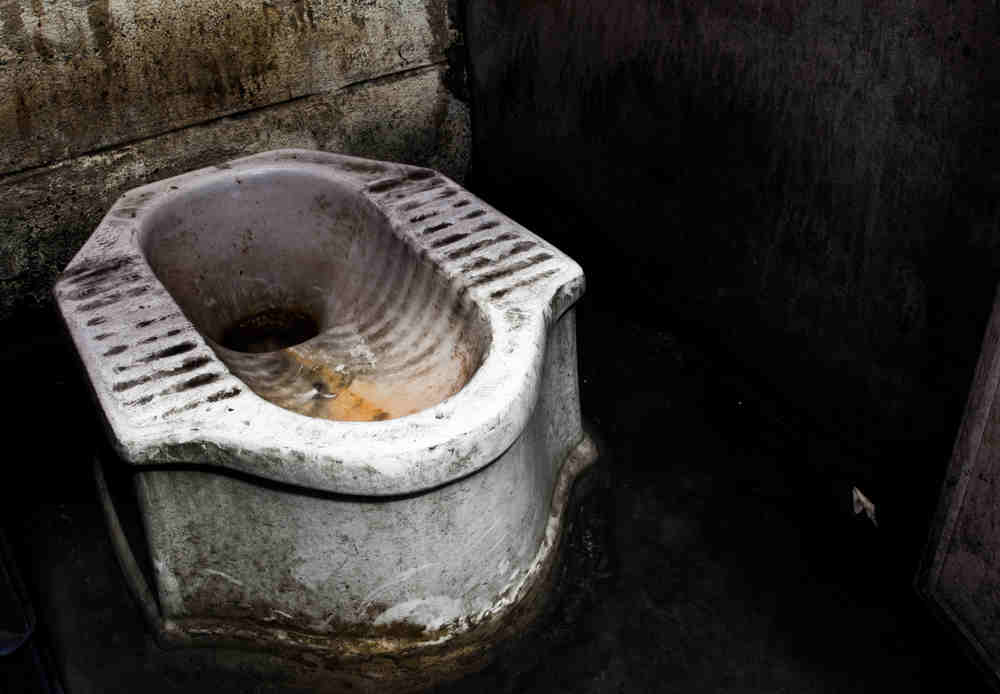
Commonly found in public toilets of less-developed Asian countries, squatting toilets can be quite a challenge especially for the non-budget travelers. They require certain degree of knee strength and tolerance, especially if it’s your first time. It can get quite visual as well, if you know what I mean.
“They require certain degree of knee strength and tolerance, especially if it’s your first time. “
Particularly for countries in the Middle East, Malaysia and Indonesia, public toilet floors are also wet most of the time. Water hoses are used in substitution of toilet paper; no explicit explanation needed. Always remember to bring some toilet paper with you, especially on long-distance drives. If it bothers you this much, try to bear with it until you see the next 4-star hotel.
Growing Long Pinky Nails
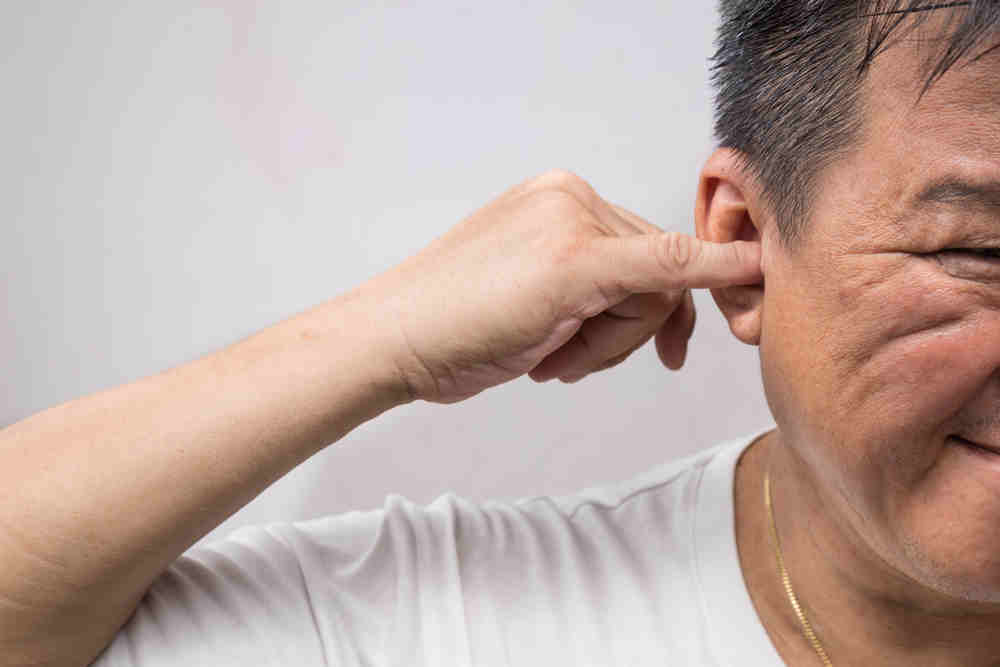
The Chinese and Indonesians have always deemed long fingernails as a sign of beauty and wealth, since ancient times; these days, you’ll be surprised at what people use them for. Long nails are perfect tools for Asians to pick their ears, teeth or nose, and oh, only the little pinkie gets to do the dirty job!
Some say that the Indonesians and Indians also use their pinkie nails for another purpose – to pick their arse! So remember that the next time you shake someone’s hands. Even in modern-day Taiwan or Singapore, you can still spot young lads with exceptionally long nails on their pinkies – perhaps not so much for picking their ears, but for out-of-style fashion, who knows?
Removing Shoes at Home
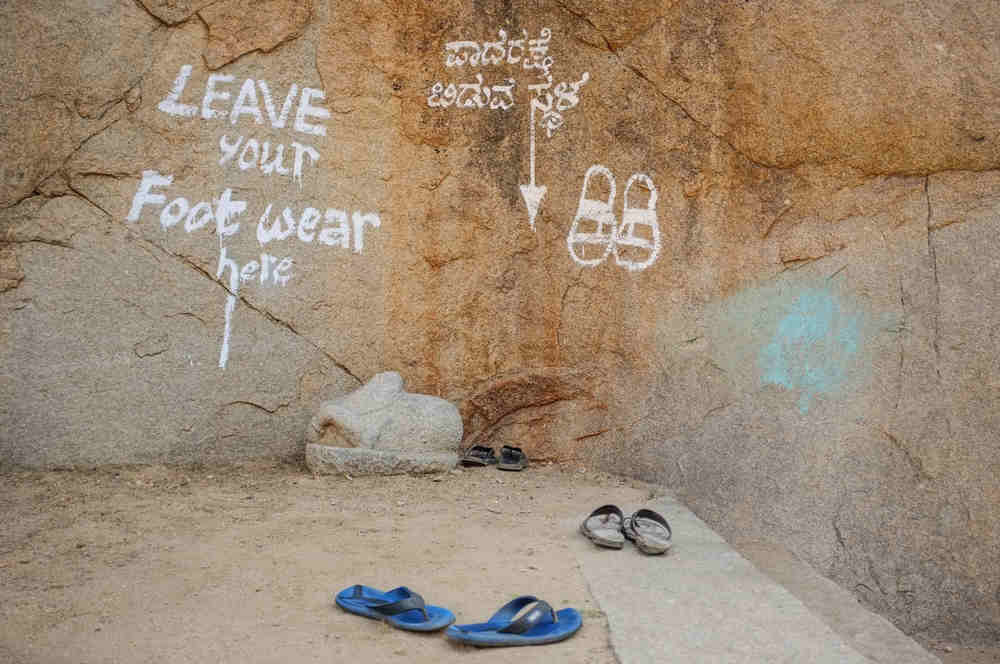
This is a common practice in almost the whole of Asia, from modern Japan to Southern India, regardless of what sort of home you go to – a luxurious bungalow or a shack in the slums. Asians remove their shoes at home, to keep the floor clean and as a form of courtesy. They also feel more comfortable without shoes and socks, especially being in the comfort of their own home.
“Asians remove their shoes at home, to keep the floor clean and as a form of courtesy. “
Always remember to remove your shoes when entering an Indian Hindu temple or a Japanese restaurant with tatami. It’s a sign of disrespect if you step in with your dirty shoes. Beware of the oily floors in some Hindu temples, especially in South India, as oil is commonly used in prayers and offerings. You might just slip and fall if you’re not careful.
Spitting in China
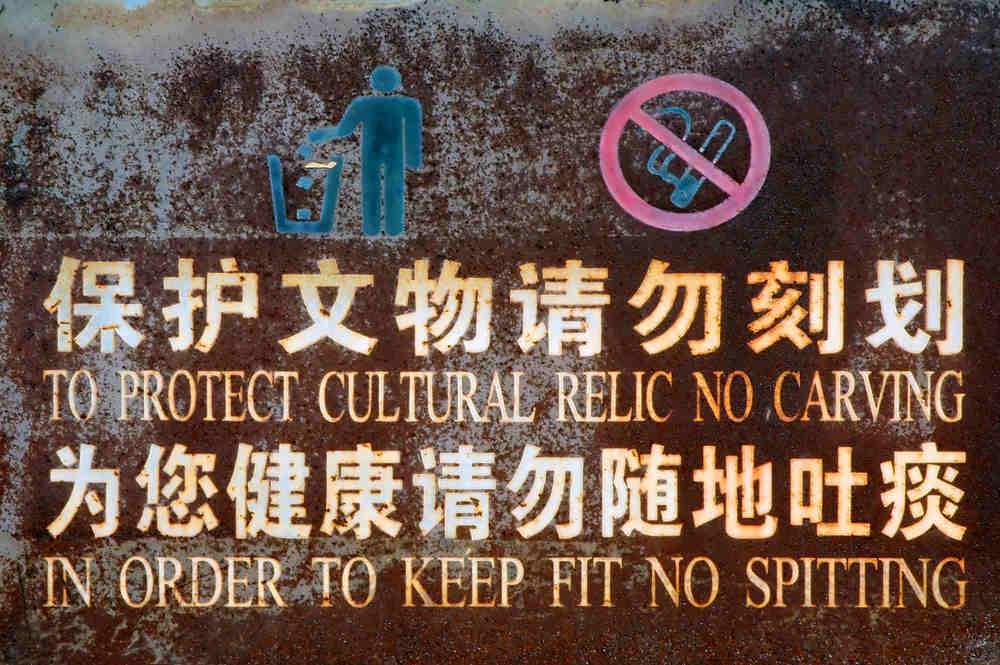
This is unfortunately not an urban legend, anyone who has been to China will know it’s shockingly true. It is quite a hideous sight – turning around to see a modest pretty Chinese lady sniffing hard, then spitting a huge lump of greenish phlegm that almost lands right next to your Nike sneakers.
Incredulously, this is what you see everywhere in China from cosmopolitan Shanghai to rural Guilin – be it outdoors along the streets, or indoors in nice restaurants. It might be due to the polluted weather, even the food they eat – or it might just be their cultural habit. Don’t get me wrong, China is an amazing place to visit with all its history, temples and food, just beware of the flying spits!
Non-Existent Social Conventions

The usual social greetings expected in the western world, such as ‘hello how are you’, ‘how’s your day’ or even a kiss on the cheek, are not normally practiced in the Asian world. Especially in the fast-paced world of modern oriental societies, people rarely stop to greet each other affectionately. But it is all in the Asian culture – as a group of more conservative and practical people, a simple wave or just a nod is enough to represent words of affection and friendship.
Southeast Asians are a friendlier bunch who show much warmth, but not in cosmopolitan Hong Kong or China. So next time you see your Asian neighbor, don’t expect a smile or anything; a small nod will do wonders.
Sharing Food & Eating With Mouths Open
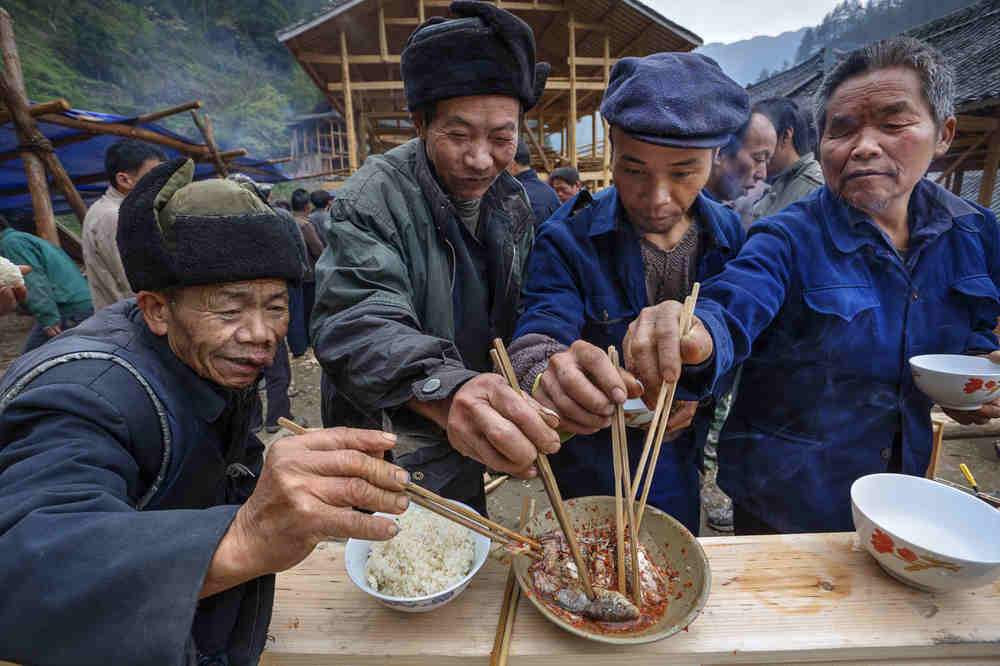
Especially in Chinese culture, Asians love to share food. Instead of the usual habit of each person ordering his, or her, own dish, Asians enjoy ordering a few main dishes – meat, seafood or vegetables, and a bowl of rice per person, then tucking in to the meal together. As such, dining tables in Asia are usually round instead of rectangle, to allow for the family to sit and feast together, while chatting about the day’s events.
“Eating with your mouth open is not considered rude in Asian culture…”
Not quite bizarre on its own, but wait till the family starts eating, and you’ll know what I mean. Eating with your mouth open is not considered rude in Asian culture; most of them have the habit of doing so for no rhyme or reason. It might look odd for foreigners, but definitely nothing worth batting an eyelid in the eastern world.
Read more about stereotypes and cultural oddities:






